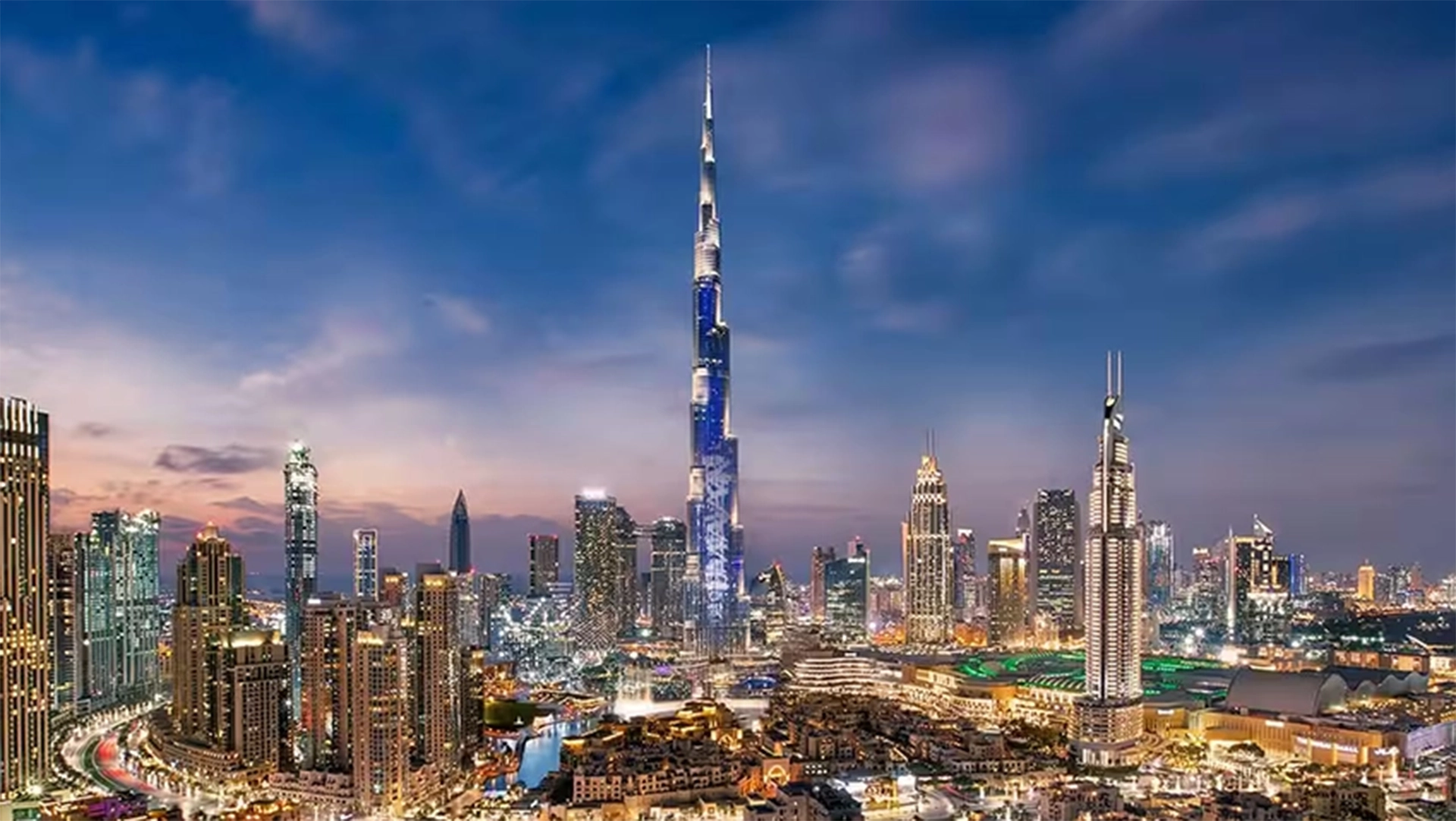The Rise of Dubai as a Global Smart City Powerhouse
Dubai’s meteoric rise to become the world’s fourth smartest city in 2025 represents more than just technological achievement; it signals a fundamental shift in global migration patterns. According to the IMD Smart City Index released in April 2025, Dubai has leaped eight positions from last year, now ranking 4th globally and 1st in Asia. This remarkable ascent reflects the emirate’s unwavering commitment to digital transformation and strategic investment in creating an urban environment that appeals specifically to globally mobile professionals.
The city’s smart evolution isn’t happening by accident. Since the launch of the Dubai Smart City Strategy in 2021, over $15 billion has been invested in transforming everything from government services to transportation infrastructure. The results are tangible: 97% of government services are now fully digital, smart mobility solutions have reduced commute times by 31%, and the city boasts the world’s highest concentration of IoT devices per square kilometer.
For millennials seeking international opportunities, these advancements create an irresistible proposition: a future-forward urban ecosystem designed for connectivity, efficiency, and quality of life.
Digital Transformation: The Backbone of Dubai’s Appeal
AI-Driven Urban Management
Dubai’s implementation of artificial intelligence in urban management has revolutionized daily life in ways that particularly resonate with tech-savvy millennials. The city’s AI-powered traffic management system has reduced congestion by 27% since its full deployment in late 2024, while predictive maintenance of infrastructure has virtually eliminated service disruptions.
“What impressed me most upon moving to Dubai was how seamlessly technology integrates with everyday life,” shares a fintech specialist who relocated from London in January 2025. “From my apartment to my workspace to every public service, everything is connected, responsive, and designed around user experience.”
Digital Government 3.0
The Dubai Digital Authority’s “Government 3.0” initiative, launched in 2024, has eliminated bureaucratic friction points that typically frustrate expats. Through blockchain-verified digital identity systems, migrants can complete visa processes, housing registrations, and business licensing procedures entirely online, often in minutes rather than days.
This digital-first approach extends to all aspects of civic engagement. The Dubai Now super-app, which underwent a major update in February 2025, consolidates over 180 government and private sector services into a single platform that learns and anticipates user needs through advanced machine learning algorithms.
Real Estate Innovation: Flexibility for a Mobile Generation
The End of Traditional Leasing
Perhaps nothing reflects Dubai’s understanding of millennial migration patterns better than its revolutionary approach to real estate. The “Flex-Living” regulatory framework introduced in late 2024 has eliminated traditional annual leases in favor of subscription-based housing models across 60% of the city’s residential inventory.
These innovative arrangements allow residents to:
– Scale living spaces up or down monthly without penalties
– Relocate between neighborhoods seasonally
– Access fully-furnished, smart-enabled residences
– Build equity through partial ownership schemes while maintaining mobility
“We are seeing a fundamental shift in how people view housing,” explains Rashid Al Maktoum, Director of Dubai’s Real Estate Regulatory Agency. “For the new generation of global citizens, home isn’t necessarily a fixed location but a flexible concept that adapts to their evolving needs.”
Smart Communities
Beyond flexibility, Dubai’s newest residential developments prioritize community infrastructure designed around millennial values. The recently completed “Innovation District” combines co-living spaces, co-working hubs, and lifestyle amenities, all connected through a neighborhood-specific digital platform that facilitates everything from community events to resource sharing.
Lifestyle Advancements: Creating a Cultural Magnet
The city’s emphasis on quality of life extends beyond technological convenience. Over the past two years, Dubai has significantly expanded its cultural offerings with the opening of the Museum of the Future expansion wing, the Dubai Opera District, and the Digital Arts Center.
These cultural investments complement an already robust ecosystem for entrepreneurs. The Dubai Future District, completed in late 2024, now houses over 2,000 startups and scale-ups, many founded by millennial migrants drawn to the city’s business-friendly regulatory environment and access to venture capital, which grew by 41% in 2024 alone.
The Sustainability Factor
Environmental consciousness represents another crucial pillar of Dubai’s appeal to younger migrants. Once criticized for its ecological footprint, the city has implemented ambitious sustainability initiatives:
– The solar canopy project covering 75% of parking areas now generates 18% of the city’s energy needs
– Smart water management systems have reduced consumption by 30% since 2023
– The autonomous electric transport network has cut carbon emissions by 22%
“Dubai’s transformation on sustainability has been remarkable,” notes climate policy expert Jasmine Chen. “They’ve leveraged smart technology to address environmental challenges in ways that other cities are only beginning to explore.”
The Future of Borderless Living
As Dubai continues refining its position as the world’s smartest city, its magnetism for millennial migrants shows no signs of waning. The UAE government’s recent announcement of the “Digital Nomad Pro” visa program for 2026 signals an ongoing commitment to attracting global talent.
This environment has also led leading developers, such as Danube Properties, to design smart-enabled housing with built-in mobility features and AI-based community integration, aligning with the lifestyle expectations of international millennial buyers.
What distinguishes Dubai’s approach is how thoroughly it has addressed the friction points that typically frustrate international mobility. By creating a seamlessly integrated ecosystem of technology, housing flexibility, cultural richness, and career opportunity, the city has become the definitive blueprint for borderless living in the digital age.
